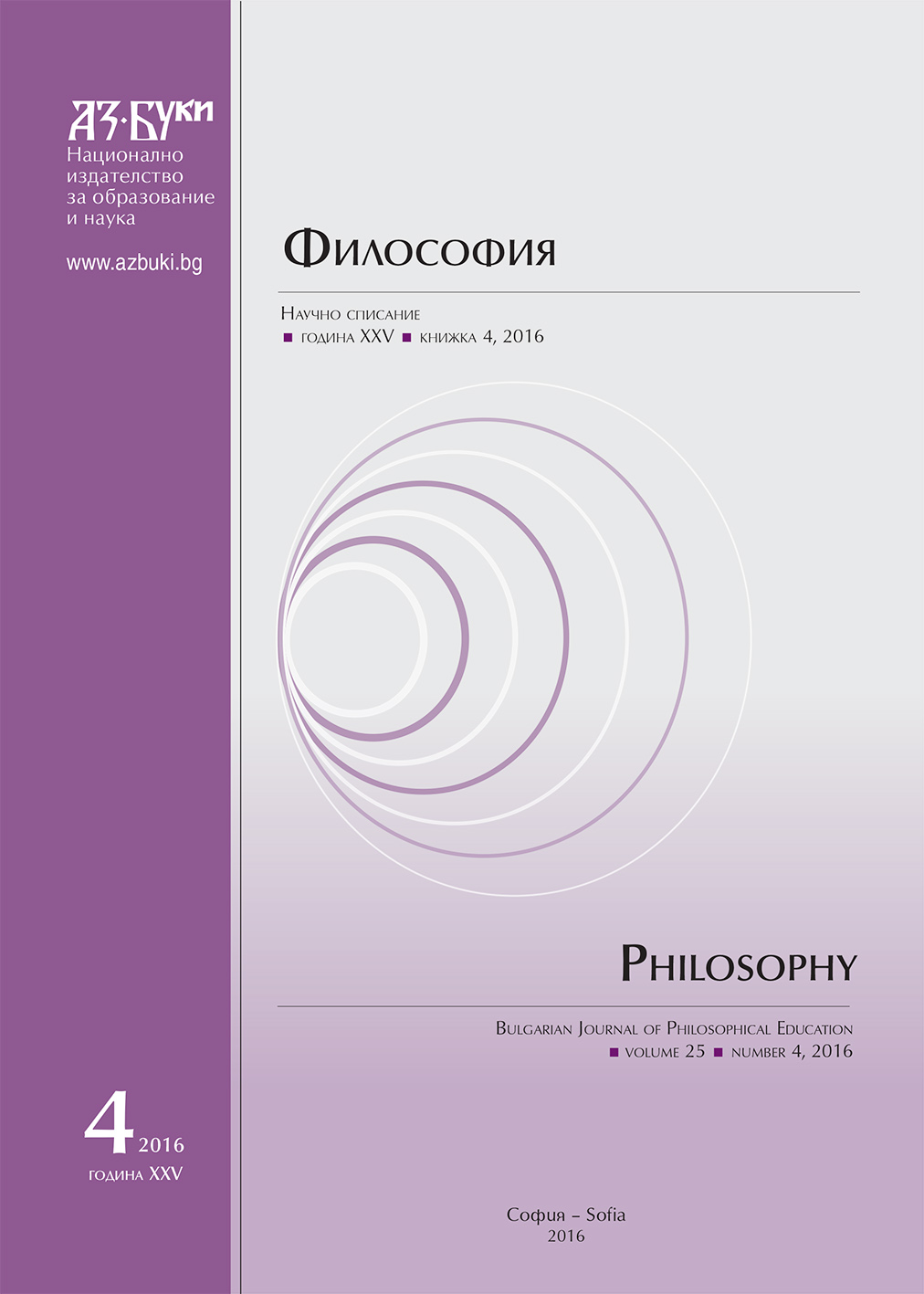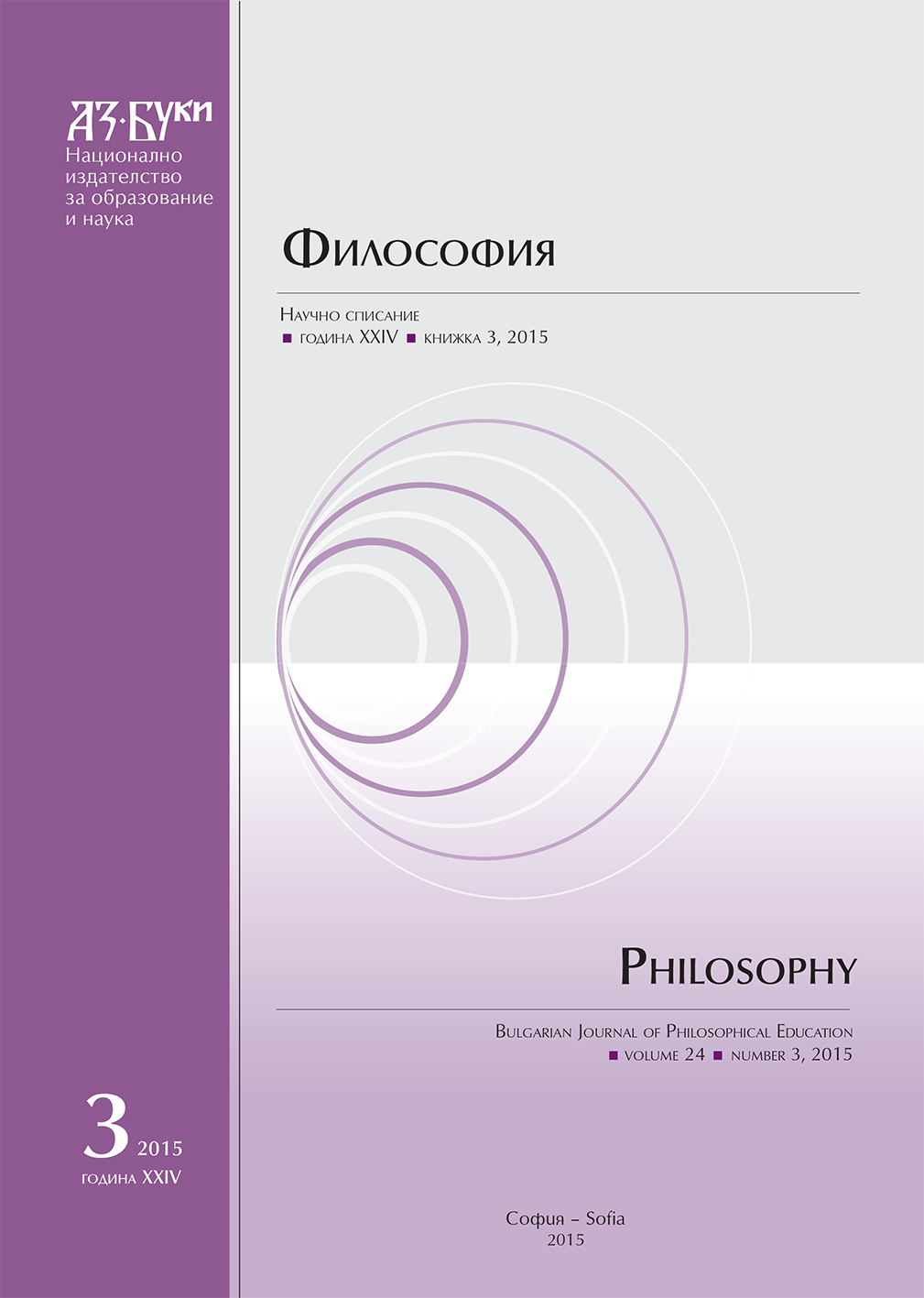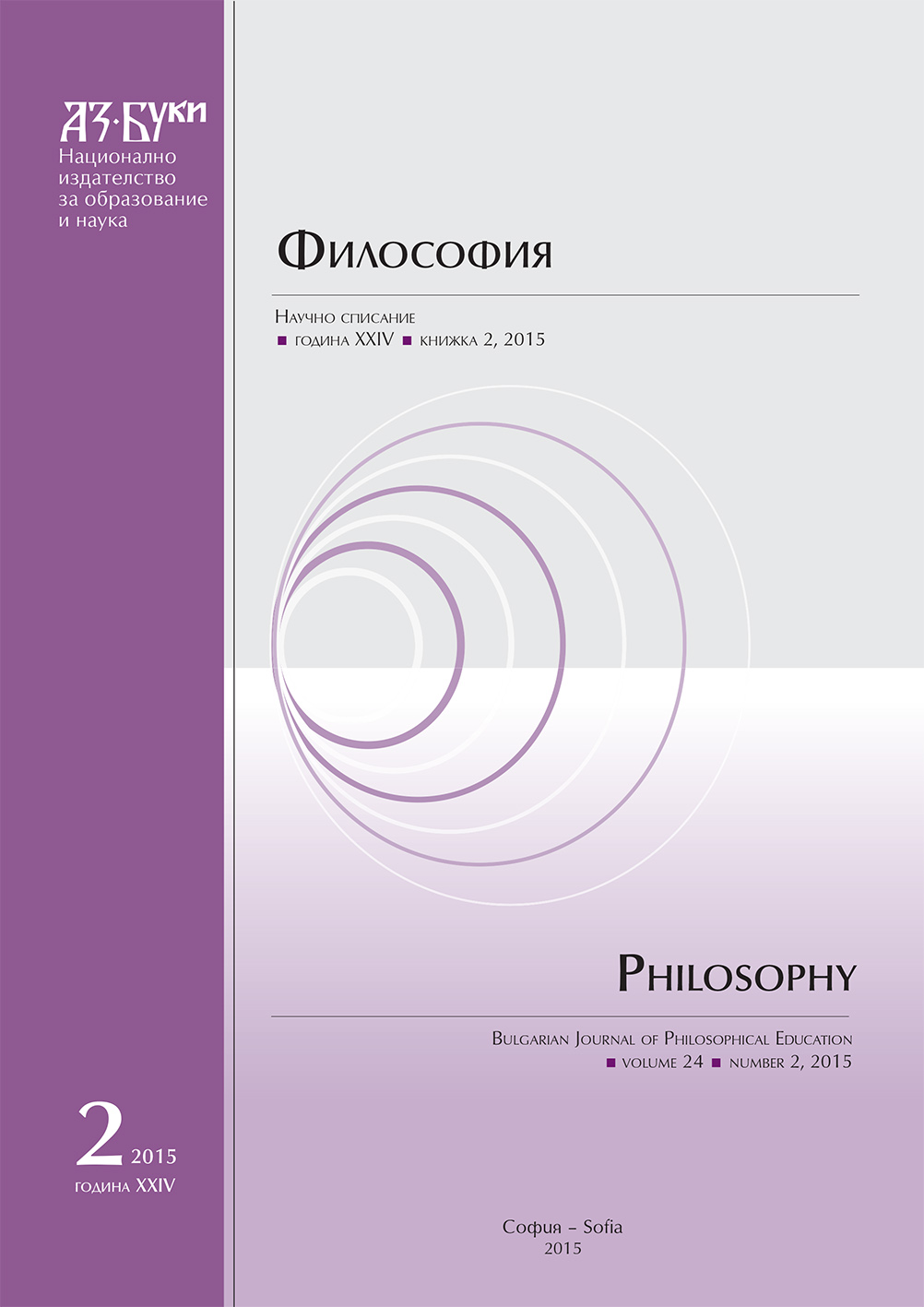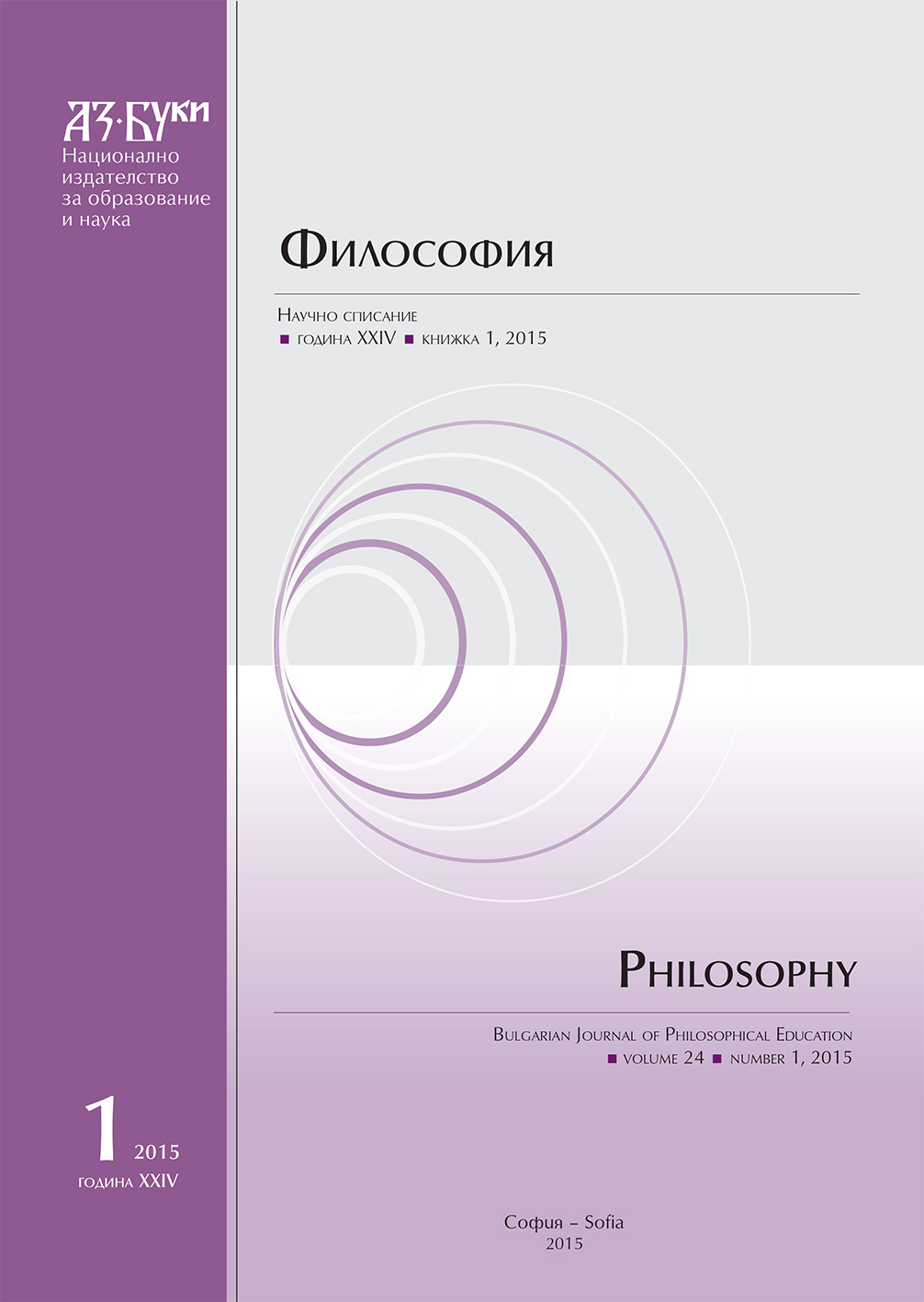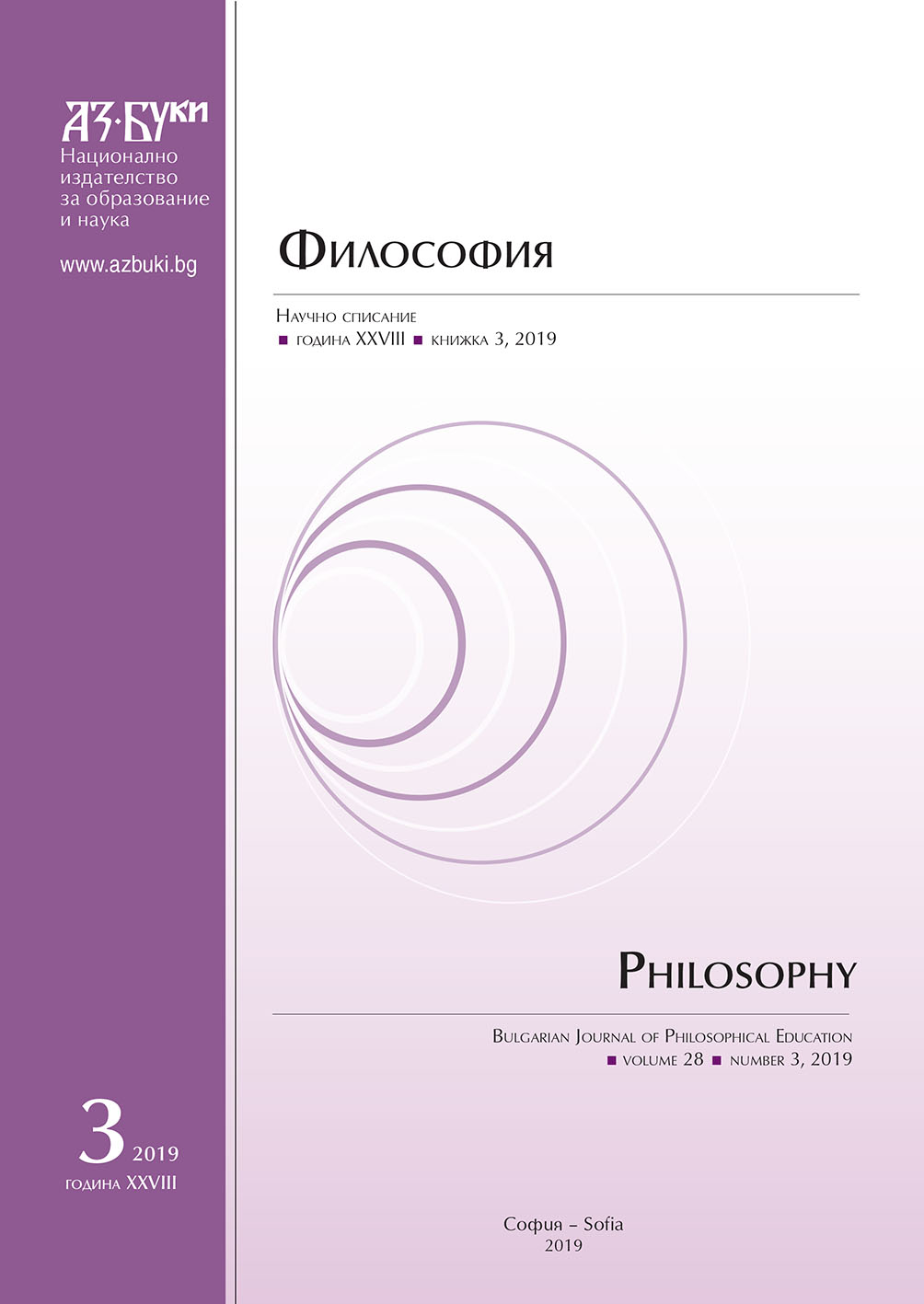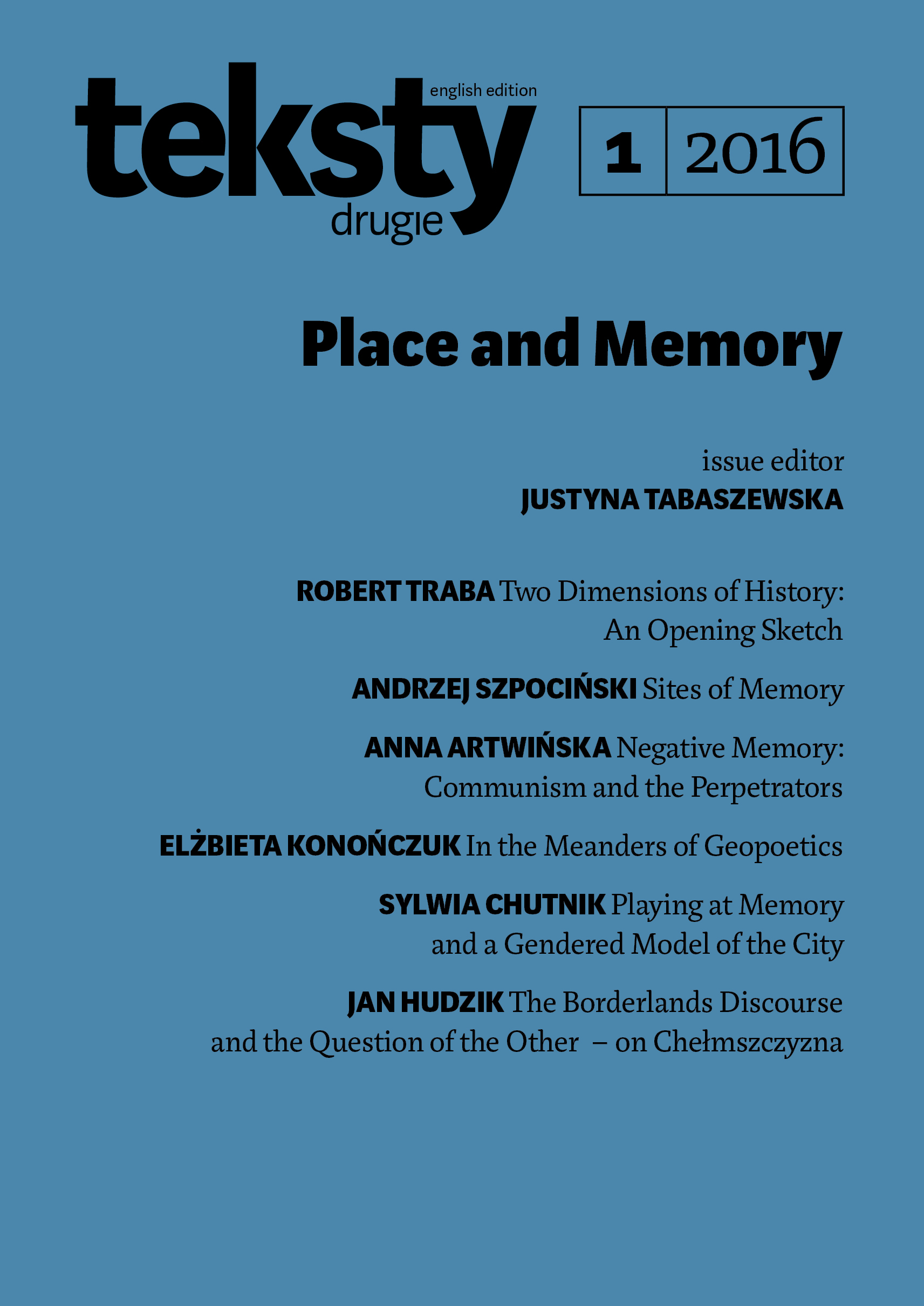
Memory, Interpretation, Identity
The article investigates complex relations between memory, interpretation and identity, with special emphasis on the role of memory as a building material and of interpretation as a constructor of human identity. Construed as an ontological condition of subjectivity interpretation seems to be inevitably involved in the workings of memory, both individual and collective. However, the archival model of memory dominant in the Western culture effectively excludes interpretation as a mechanism of (re)constructing memory because it depicts the latter as a stable and unchangeable imprint of an experience. Likewise, the Bergsonian model, which portrays memory as a virtual space, leaves little room for interpretation. It is only when Bergson’s model is supplemented with the pansemiotic vision of C.S. Peirce – or, in other words, when the virtual space is filled with an infinite network of interpretive sign relations – that the inextricable connection between interpretation and memory in shaping human identity becomes theoretically validated.
More...
